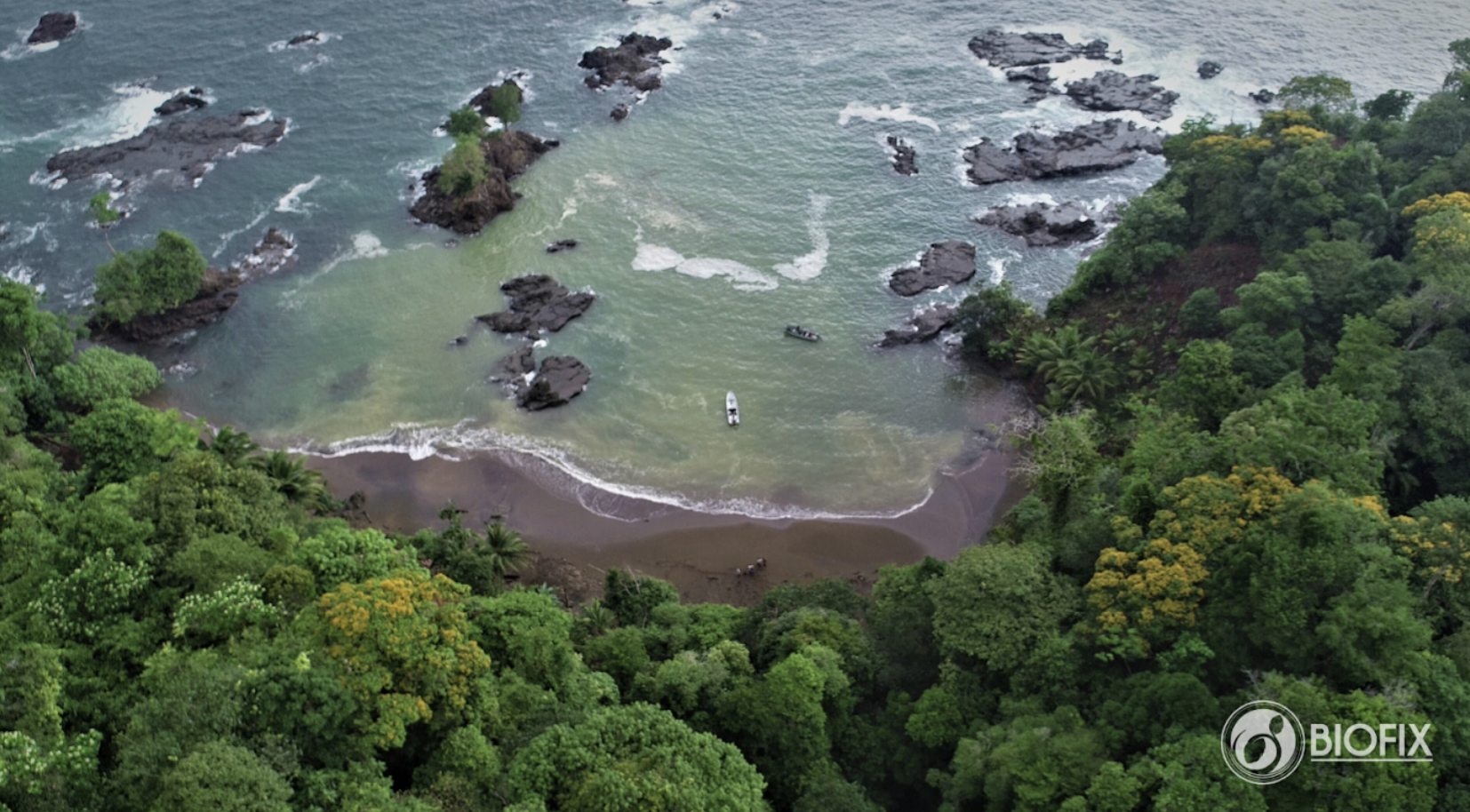When organizations make a claim about having “offset” emissions, we think it’s good practice to be clear and transparent about what that means. To that end, in this post we detail what we purchased and why.
In April, we purchased carbon offsets to account for the travel of the nearly 150 speakers that came from around the world to attend the Celo Connect conference in Barcelona. Though Celo’s event was already carbon neutral and featured key sustainability initiatives, this additional effort is an example of how carbon offsets can be used to legitimately boost sustainability efforts.
Why Carbon Offsets?
But first, let’s explore why it makes sense to buy carbon offsets at all. Using carbon offsets should never be the end goal of a sustainability strategy (see mitigation hierarchy). However, they can be an important tool for:
- Buying time for deeper decarbonization
- Funnelling financing to emerging climate technologies, and/or
- Providing capital to carbon-critical projects with key benefits for local communities.
It’s important to note that — somewhat counterintuitively — not all carbon credits are created equal.
In the voluntary carbon market — which is where companies go to purchase offsets that aren’t required by law — one tonne of carbon can cost anywhere from under US$2 up to several thousand dollars.
While most agree that projects must meet minimum standards with respect to additionality, permanence, leakage, and avoiding double counting, project quality can vary widely.
These differences depend on the year the project was implemented, type of project, methodology, geography and which United Nations Sustainable Development Goals (SDGs) the project helps to advance.
For instance, a 2012 carbon offset from a solar project in India should be nearly worthless today: since the cost of solar projects has come down enormously since then, the same project would go forward today without the need for carbon financing. Therefore, it does not meet the ‘additionality’ dimension. Meanwhile, a biochar project in Cameroon that employs women from the local community for monitoring and increases agricultural yields should command a price premium.
Chosen Offsets: Supporting Local Community Development in Colombia
In the instance of purchasing carbon offsets for the Celo Connect speakers, we didn’t have data about the exact distance travelled by each speaker. Therefore, we used a generous average upon which to base the calculation, estimating 2 tonnes of carbon —roughly equivalent to the emissions for a roundtrip flight New York to Barcelona — for each of the 150 travelers, for a total of 300 tonnes of carbon offsets purchased.
thallo purchased the offsets from the Delfines Cupica REDD+ conservation project, which protects 103,022 hectares of tropical rainforests in the area of Chocó on the Pacific Coast of Colombia. These offsets came from the 2018 vintage and were verified by the BioCarbon Registry, and we purchased them directly from Biofix, the local project partner.
We chose the project not only for its carbon and biodiversity benefits, but also for its local community engagement and U.N. SDGs, including Zero Hunger (2), Good Health and Wellbeing (3), and Clean Water and Sanitation (6).

Community Councils of two local Afro-Colombian communities initially proposed and still closely collaborate on the project. Community benefits include:
- Educational resources for local children
- Local infrastructure improvements
- Food support during the COVID-19 pandemic
- Resources for the local community councils
The communities remain deeply involved: the Cupica Community Council recently participated in a reforestation project that saw 17,000 plants planted in Bahía Cupica, and aided in maintenance of local water sources and mangroves.
Follow Our Lead with High-Quality Carbon Offset Projects
Unfortunately, it’s not always easy to find and identify high-quality projects from which to buy carbon offsets. And that’s exactly why we’re building the thallo carbon exchange, a blockchain-based platform where individuals, businesses and investors can easily, quickly and transparently purchase, retire and trade high quality carbon offsets.
For more information, check out the thallo website or follow us on Twitter, LinkedIn or Telegram.
For a deep explanation of the benefits of integrating carbon markets with blockchain technology, read Scaling Voluntary Carbon Markets Through Open Blockchain Platform, the recently published whitepaper written by cLabs Partner Slobodan Sudaric; Jake Leraul, a Legal Partner at the Celo Foundation; and Seth Baruch, CEO of clean energy consultancy Carbonomics.





